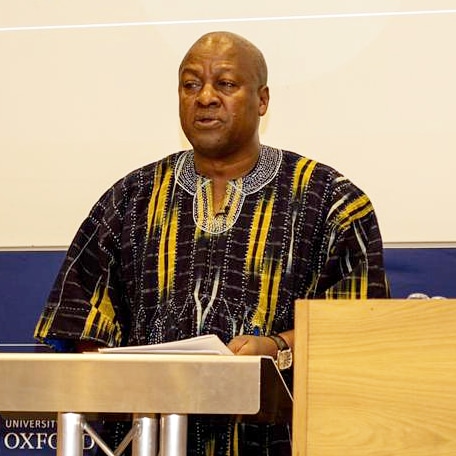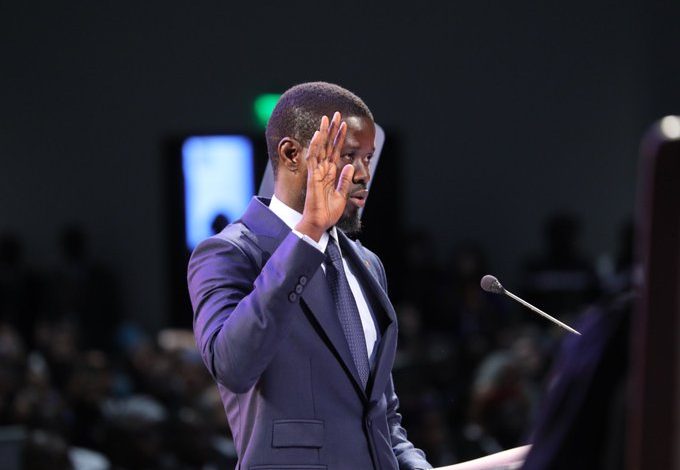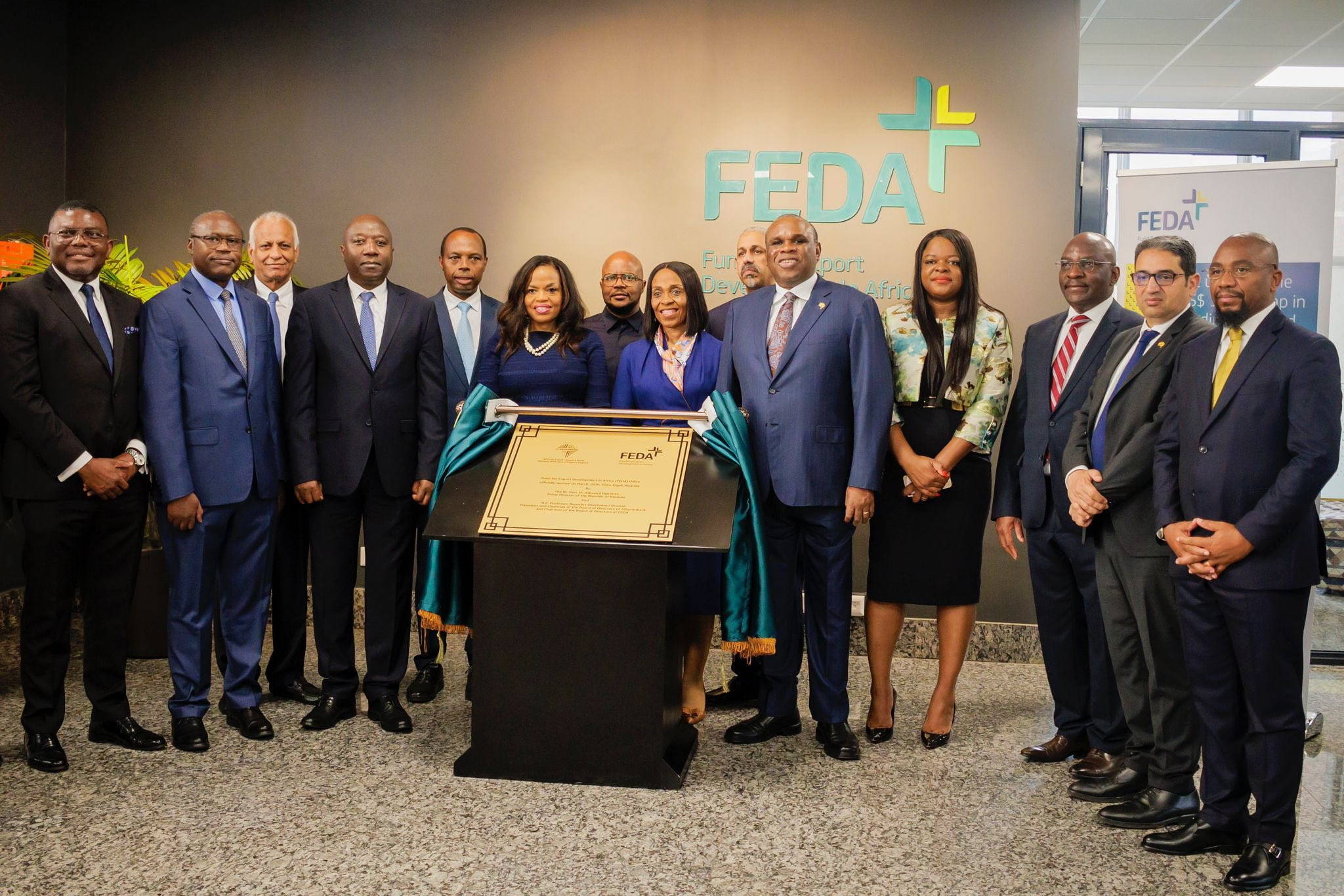By Eric Elezuo
History was made in Kigali when the one month old President of South Africa, Cyril Ramaphosa joined 40 other African heads of states to sign a free trade agreement that tends to facilitate free movement of business related assignments across the continent without hindrance, or to put it succinctly –the rigours of procuring a visa.
That was a part, and second most important aspect of the Kigali history making event. The one the people of Rwanda and South Africa hold dear, and attached excess importance remains the reunification or the normalization of the two countries relation after almost a decade of antagonism and mutual suspicion.
The time was eight years ago; the year was 2010. The relationship between the South Africa and the Republic of Rwanda was on the verge of collapse, albeit irreversibly. Relations have been strained since 2010 after Rwanda accused South Africa of harbouring Rwandan opposition leaders. The clear case of mutual suspicion resulted in 2014 to the expulsion of diplomats on both sides. That was not all; South Africa’s visa office closed down when former Rwandan intelligence head, Vincent Karegeya was found murdered in Johannesburg.
Despite reports about improving relations over the past two years, the countries, which incidentally originate from the region, remained friends at bay as uneasy calm pervades the atmosphere. A trace of settlement was even made more difficult with South Africa’s Maite Nkoana-Mashabane, whom Rwandans believe was too close to opposition defector, former Rwandan Armed Forces chief of staff, General Kayumba Nyamwasa, still the foreign minister. They both served in diplomatic postings in India more than a decade ago.
But all that has changed today with the intimidating signature of Ramaphosa on the Kigali Declaration document. In his excitement, the South African president relapsed to the freedom fighter trance and made a raphsodised declaration that was not short of emotion.
Hear him: “I wanted to let you all know that I am here. If I don’t tell them myself, tell them on my behalf.
Tell my daughter and my son that their father was there, on the day our continent signed the African Continental Free Trade Area, in Kigali.
Tell them Paul Kagame, Amadou Issoufou, Emmerson Mnangagwa and Moussa Faki Mahamat were there too.
Tell them their father was proud on the day African boarders were removed; tell them they live in a proud, vibrant and prosperous continent, because you, their uncles and aunts were vanguard pan-Africanists who brought down the walls left by colonialists, maintained by imperialists.
Tell them, if their grandparents fought for their political independence, you achieved their economic freedom.
Tell them to be proud and free, tell them to live where they wish, from Lagos to Addis Ababa, Durban to Cassablanca: unhindered,
Tell them that Kigali isn’t their home, but only their place of origin; Africa is!
Tell them their father would have wished them to speak Igbo and Wolof and Kiswahili and Amharic and Zulu.
Tell them he would have wished them to know how to cook Jolof, Pap/fufu/ugali, and Thieboudienne.
Tell them he would have loved them to dance Rumba, guhamiriza and makossa.
Tell them to welcome all Africans to Rwanda, and travel, preferably by land, from Cape to Cairo, from Mombasa to Hergeisa.
For, thanks to you their aunts and uncles, Africa is theirs to enjoy. Amandla!”
Ramaphosa showed why he is truly an African, incorporating all facets of Africanism in his declaration. He represented tribes including the Igbo of Nigeria, food, dance and many more. He, in a few words, expressed the oneness of Africa; Africa without barriers.
As Ramaphosa, who could very well be described as the president of moment, strolled into the closing session of the African Continental Free Trade Area Business Forum, there was a mild case of continental Ramaphoria in the audience of African businesspeople, politicians, officials and hangers-on. He declared the issue of visas for Rwandese to South Africa as a matter that is solved, and got applause.
Even a Nigerian delegated remarked that the continent shared in the South Africans’ relief at the transition, admitting that ‘Change is in the air!’
Ramaphosa has clearly taking a positive step in his foreign policy path with the normalisation of relations with Rwanda.
He said: “I was talking earlier with President Kagame, and we have decided that we are going to put the relationship between South Africa and Rwanda on a much better footing.”
This he said will even be made more possible with the presence of two ‘very outstanding, beautiful ministers of international relations’, Rwanda’s Louise Mushikiwabo and South Africa’s Lindiwe Sisulu.
Arriving at the nick of time for the signing of the historic agreement, Ramaphosa hinted that: “This is a moment for the African continent. The free trade area for Africa is going to be like a flood, a free trade flood that is going to lift all the boats. It’s not so much about South Africa, but much more about all of us as countries of Africa.”
He highlighted the need for infrastructure and a single African currency, which is an integral part of the free trade area.
Meanwhile, Nigeria is one of the 12 countries whose signatures failed to decorate the historic free trade area agreement. President Muhammadu Buahri was conspicuously absent as a result of what a section of news minders say is ‘unhappiness by businesspeople back home’

 News6 years ago
News6 years ago
 Featured6 years ago
Featured6 years ago
 Boss Picks6 years ago
Boss Picks6 years ago
 Headline6 years ago
Headline6 years ago
 Headline6 years ago
Headline6 years ago
 Headline5 years ago
Headline5 years ago
 Headline6 years ago
Headline6 years ago
 Headline6 years ago
Headline6 years ago













